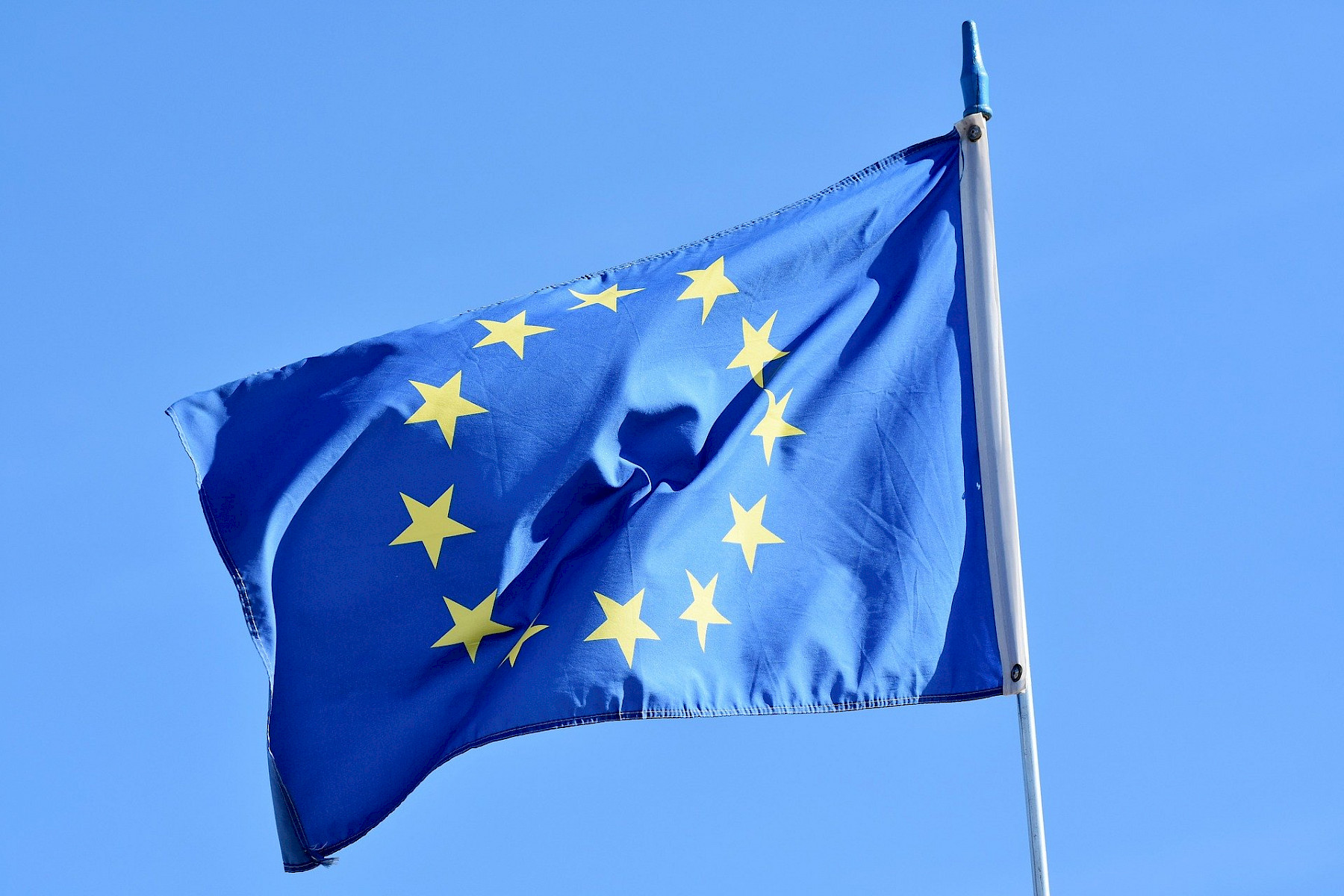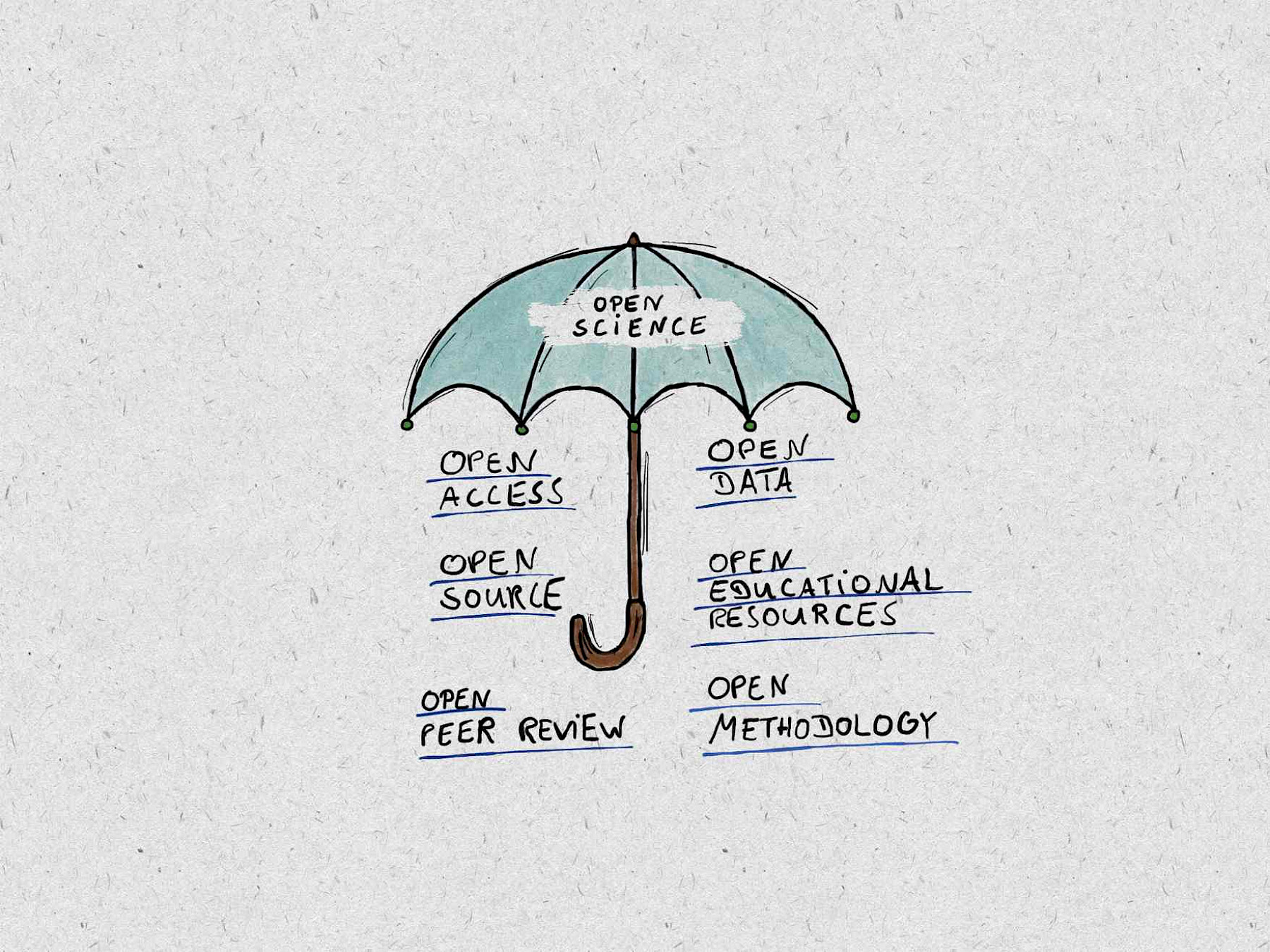At the European level, in 2007, the European Research Council (ERC) released a mandate that made open access to scientific articles resulting from projects funded by the ERC mandatory.
In a 2016 report, the European Commission referred to Open Science as a "vision for Europe". Carlos Moedas, the then commissioner for science and innovation, established the following principles as fundamental goals for European policy: Open Innovation, Open Science and Open to the World.
The document advocates for a dynamic and broad view of Open Science, far beyond free access to publications, speaking of a transformed scientific practice and knowledge sharing.
Open Science increases the quality and impact of science by fostering reproducibility and interdisciplinarity.
It makes science more efficient through better sharing of resources, more reliable through better verification and more responsive to society’s needs.
(European Commission, Factsheet: Open Science)
The Horizon 2020 program has broadly reinforced the European Union's policy on Open Science. Naturally, Member States are invited to implement similar directives.
The goals of the European Open Science policy, as it has been developing since 2016, correspond to eight axes:
1. FAIR principles;
2. European Open Science Cloud (EOSC);
3. New generation of metrics;
4. Free access to all scientific publications with peer reviewing;
5. Inclusion of open science activities in the evaluation of research careers;
6. Compliance with ethical research standards;
7. Promotion of competencies for open science among researchers;
8. Citizen science.
In the Horizon Europe program (2021-2027), some Open Science practices are now mandatory, including Open Access for all beneficiaries of the program. The Horizon Europe proposal goes beyond Open Access to Open Science, for which it represents a comprehensive policy implemented from the proposal stage to the project report. The Horizon Europe Regulation establishes the legal basis for the open science obligations and incentives that apply to the program's beneficiaries.
In Horizon Europe, open science practices are considered in the evaluation of proposals, under 'excellence' and under 'quality and efficiency of implementation'. There are mandatory open science practices, which are required for all projects through the Model Grant Agreement and/or through the work program or call conditions, and recommended practices (all open science practices that are not mandatory). Open science best practices are encouraged through their evaluation at the proposal stage. Proposers should be aware of the mandatory and recommended requirements.
Open Science practices include early and open sharing of research (e.g. through pre-registration, registered reports, preprints, or crowd-sourcing); management of research results; measures to ensure reproducibility of research results; open access to research results (such as publications, data, software, etc. ), models, algorithms and workflows); participation in open peer review; and the involvement of all relevant knowledge actors, including citizens, civil society and end users in the co-creation of Research & Innovation agendas and content (such as Citizen Science).
A recent report by the European Commission (April 2020) highlights the fundamental role played by open science in fighting COVID-19: «The response from the research community, scientific publishers, funders and other relevant experts has been the almost real-time sharing and assessment of data, code and articles about the pandemic coronavirus alongside the creation of shared public platforms» (Progress on Open Science: Towards a Shared Research Knowledge System - Final Report of the Open Science Policy Platform, p. 21).
Cooperation and dissemination of knowledge are thus reinforced as a goal of this new system, according to the principle that “the more knowledge is used, the more it is created” (p. 22).
The document calls for the collaboration of all Member States in the development of a research system based on knowledge sharing, to be completed by 2030. There are five guidelines for this proposal:
1. Evaluation of research careers based on a wide range of productions, practices and behaviors, according to a shared knowledge system.
2. A solid, transparent and reliable investigation system.
3. A research system that favors innovation.
4. A research culture that facilitates diversity and equal opportunities.
5. An investigation system based on evidence-based policy and practice.


